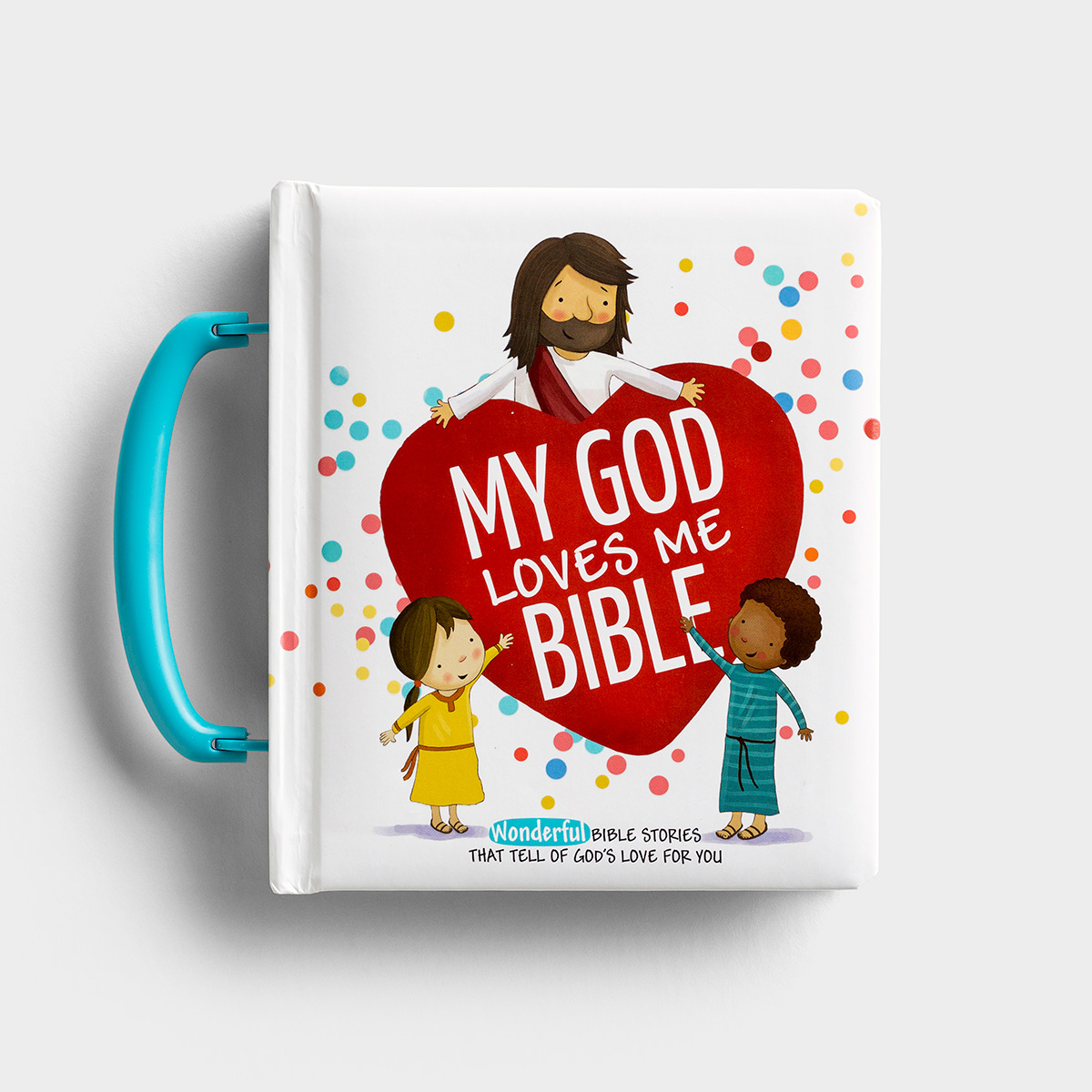3 Ways to Discuss Easter with Family Members

It can be hard to talk about the true meaning of Easter with some of our family members. We worry that we’ll say the wrong thing or just fumble over our words and not make any sense. What if we make them less interested in this holiday or confuse them or make it worse?
These are real and valid concerns, which thankfully can be a bit alleviated by a bit of practice, sensitivity and planning. Below are three ways to get the conversation about Easter started with your non-believing family members.
1) Focus on Easter as a Religious Holiday
If you have a family member who is not interested in Christianity at all, then leading with facts about the cross and resurrection may not be the best approach. But, by and large, most people have a general appreciation for religious holidays, and they are interested in learning the origins of different celebrations.
Share with your family member that Easter is meaningful to you because it’s one of the most important days in the Christian calendar. It is the main religious feast in Christianity followed by Christmas, and Christians all over the world are celebrating this holiday together. You could even do a bit of research to talk about the unique ways that cultures around the world celebrate Easter. This is the sort of thing that invites conversation, and you can find opportunity here to share what fun traditions your own family has on Easter.
2) Keep the Language Simple
There is a lot of Christian jargon surrounding the story of Easter - words like crucifixion and resurrection, which are hard for people to understand. Instead of using these terms, try to create your own summary of the Easter story in simple, easy language that even a child could understand.
For example, you could say that the religious leaders in Jerusalem wanted to kill Jesus and, after hanging him on a tree, they left him for dead in a cave. But three days later, when they rolled away the stone that was blocking the door, he was not inside! It was only then that people began to realize that Jesus was alive – that He rose from the dead. This is the story of Easter, and today we celebrate this new life.
3) Ask Them Questions
We all know that one-way conversations usually lead to a dead end. People don’t want to be lectured. They want to feel like they can share in the dialogue, and that you genuinely want to hear what they have to say.
Have this same approach for talking about Easter by asking your non-believing family members questions. Ask them questions like, “So, what do you think about Easter?” or “What kind of experiences have you had with Easter?”, and then genuinely listen to what they say. You could even ask them what questions they have about Easter and let them know you’d love to be a sounding board for them.
The more our non-believing family feels loved and valued and cared for, the more you will be able to connect with them on hard subjects, like Easter, and hopefully have fun, meaningful and personal conversations as a result.
Looking for more inspiration? Check out our Devotional Library and be sure to sign up for our e-newsletter to receive free articles, updates from our Ecard Studio as well as exclusive deals.




